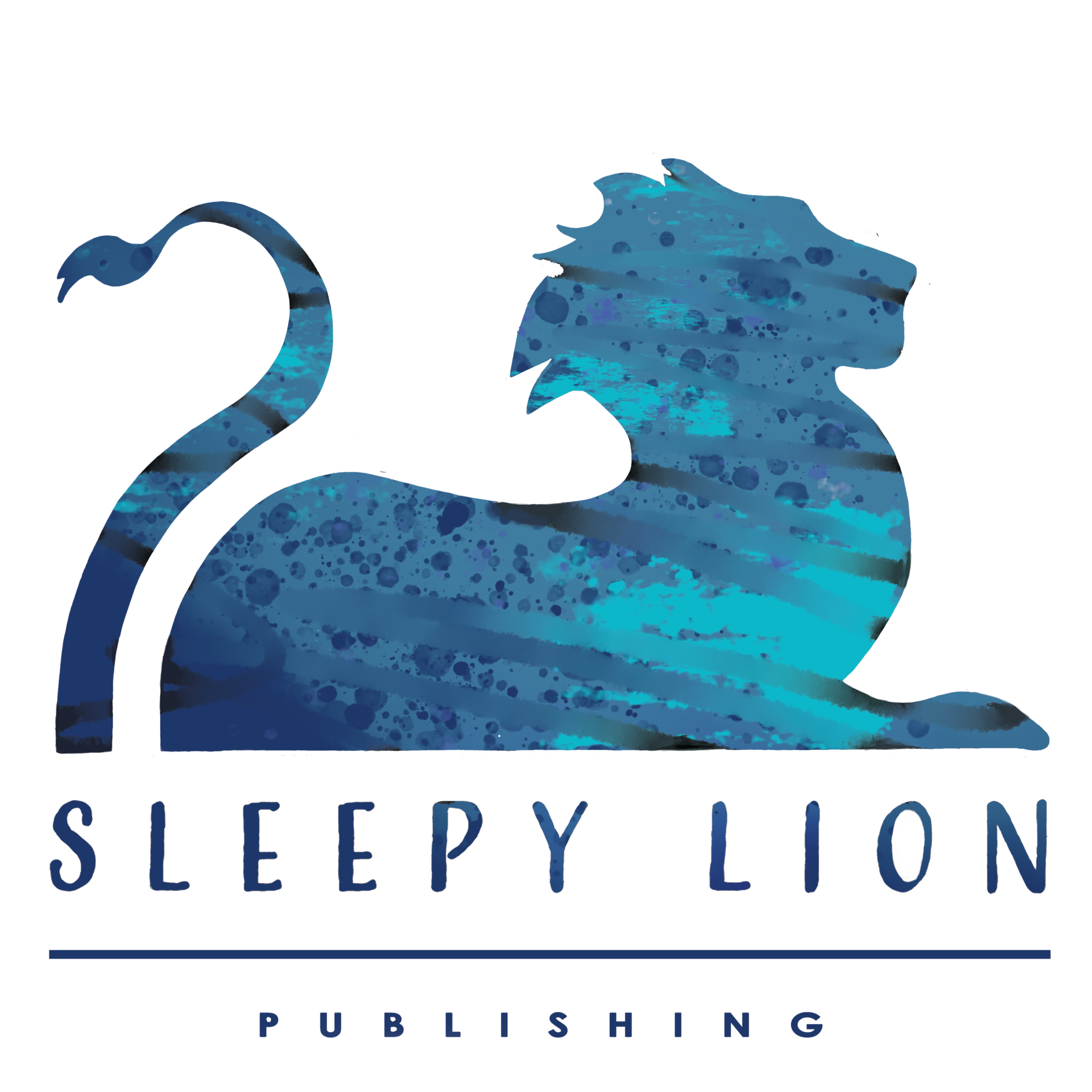The Importance of Endings – by India Roberts


Picture by Anna H
The Importance of Endings by India Roberts
We’ve all been there. The book that’s been clutching your mind and depriving you of sleep is thinning. You feel in every flip of the page the incoming inevitability of the end. Your eyes trip over the words, and a frown begins to tug at your eyebrows, and you think, surely not? Your fingers search desperately for more paper, more ink, but the story is finished and all you can think is no, it can’t end like this. You’re left scrambling to locate an old favourite, but what is it about the endings of those favourites that makes our eyes glimmer and our fingers yearn for more?
In my opinion, the number of questions answered is not directly correlated with how enjoyable the ending is. A lot of the time when I read a book that has a resolved ending with all of the questions concluded, it can feel like the author has had a love affair with a hoover and sucked up any loose ends. While this can be satisfying, it rarely feels exciting or suspenseful. Often this technique is used in romances, the typical Cinderella cliché of happily ever after. Although, it can be done tactfully – many of these books are classics – it can also emulate the disappointment of opening a cookie tin and finding sewing supplies. The same can be experienced with an expanded ending, when writers use an epilogue to develop where their character would be in the future. While this can seem like explanatory tidying up, there are instances where it is helpful. Annie Ernaux’s Happening uses continuous time jumps but ends with the narrator retracing her steps thirty-five years later and discussing the effect of the trauma in later life. This was important as the subject matter is one which radiates beyond seventy-seven pages and can never really end.
Ambiguous endings hand the choice about how the story ends over to the reader, which has the potential to be liberating, but the lack of specificity and closure it provides can sometimes be torture. The uncertainty of not explaining where the characters are going next is something that I enjoy, as it respects that readers have their own imagination. Washington Black by Esi Edugyan has an ending which is quietly indefinite. It doesn’t give us a clear conclusion about where the relationship between the protagonists stands, and the ending sentences can be moulded into different scenarios. I enjoyed the openness of this ending, but it meant that the pacing of the narrative depleted towards the end, and the peak in the tension happened too early. If the ending is going to be obscure, the author has to be careful that it doesn’t mean the rest of the narrative plateaus down into dissatisfaction.
When cryptic and inconclusive endings are done well, they can be refreshing. Doggerland by Ben Smith defied what I thought was going to happen, and denied the protagonist of what he had been working towards throughout the book. Instead, a relationship development was favoured that although was subtle, created a touching moment much more satisfying than the stale stereotype of a fairy-tale ending. The ending also meant that it became less about a solo journey but about the importance of a bond that throughout the novel had seemed like one forged out of necessity rather than choice. The ending brought the narrative back to a position similar to the beginning of the novel. This full circle journey – a tied ending – is satisfying to the reader, as although what we expected to happen did not, we were able to see miniscule changes that produced hope in a situation where there was a lack of it before.
If authors aren’t cautious, the conclusions of their novels have the capacity of shattering the previously beautiful words into shards of smashed china, and the rest of the book can become tainted with the bad taste of an unsatisfactory ending. What kind of ending works for you? Are you thrilled by the suspense of a cliff-hanger, or are you more suited to the contented simplicity of a resolved ending?
Finally, if you would love to hear more about India Roberts, then make sure to check our her Blog and Linkedin Pages!
If you have enjoyed this article and wish to see more, than make sure to keep updated through our social media page and on this website for more free exclusive content! Additionally, make sure to check out our Books page!
As always, please feel free to comment and share.

0 Comments